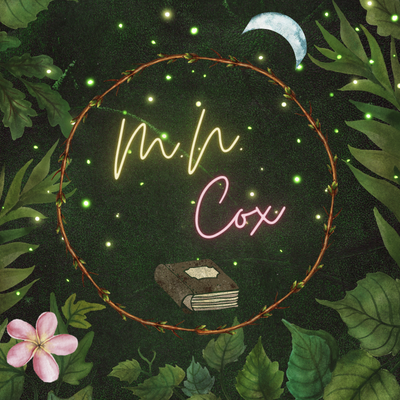Up Jumped the Devil: The Real Life of Robert Johnson
I was already a fan of delta blues before I read this book though to be honest I had not (knowingly) heard Robert Johnson’s blues. This book tries to remedy the misinformation, myth and outright lies that still surround Johnson’s life and death. It’s thorough. So thorough. And it’s not written in the style of a can’t put down expose. You know what? Johnson’s life was exciting enough, without all the bull****. This book had the blues, the musicians, the time period (1930’s), the people, the homes, the families, love, loss, poverty, the American South, and hoodoo. For heaven’s sake, who needs beat up stories?!
Johnson was born in 1911 in Hazlehurst, Mississippi and died twenty-seven years later (yes, that’s 27) in Greenwood, Mississippi. It was a short life and a short career. He only managed two recording sessions in that time, but wow could the guy play. I’m no expert musically but I love his sound and musicians have commented that they can’t believe the sound came from one man and a guitar. Surely there was a second guitarist? But no, just Johnson doing what he’d decided he wanted as a young boy and what he worked hard to succeed at.
The myth
I feel this brings us to the elephant in the room. The story about Johnson selling his soul to the devil at the crossroads for his blues skills. Well, I don’t consider this a spoiler so I hope you don’t either, but there is no evidence of that ever happening. Johnson never said so to anyone, he never wrote of it in his songs. If Johnson believed it happened, he never said so. Conforth and Wardlow do give suggestions in the biography of how this myth came about. I think a summary would be to say that hoodoo and conjure were very common in the areas Johnson lived, travelled and worked in that time period and selling your soul at the crossroads was already a known thing. Some of Johnson’s songs have mentions of hoodoo practices such as throwing down tricks, and even crossroads—but that wasn’t uncommon in delta blues music. Also, he learned some of his guitar skills from a man called Ike who, according to Ike’s children, used to go to the cemetery at night to practice his guitar. Finally…Johnson’s skills did improve by all reports.
The reality
It seems that Johnson became a master through sheer practice and hard work, and it feels disingenuous to cover that up. Johnson was said to have an incredible memory for songs, being able to play them after hearing them on the jukebox or by another musician just the once. That helped him get work because in the ‘jukes’ where he played people would often request songs. He couldn’t read music although he was taught to play piano for a short time as a youngster and there was no doubt he knew all the guitar cords. He even became a little secretive of his style after a bad experience sharing his personal way of playing with another musician who then recorded the sound—the first known recording of a new style—before Johnson got his chance. Ouch! Even so, it sounds like reports of Johnson playing with his back to people to protect his skills, where exaggerated.
It’s likely that Johnson would have made it big had he lived longer. He hadn’t long made his second group of recordings when he was murdered. A longer life would probably assume that he kept his drinking—which sounded like it was always heavy, but may have been worsening still near the end—and his way with women under control. Johnson loved women and found himself involved in every town he went to—as a travelling musician that was a lot of towns! That doesn’t have to mean ‘health hazard’ however, in Johnson’s case it did. Friends had warned Johnson many times to be careful of women who were married but he took a rather blase attitude. With hindsight, it was probably the best advice he ever got. I have to admit the further I read into the book the sadder I felt knowing that his life and music would be cut short unnecessarily.
The other side of Robert Johnson
I don’t want to leave it sounding as though music, women and booze sums up Johnson. Though that was the life he chose he also, though he never knew his father, had strong familial connections. Often described as a loner he nonetheless formed relationships with some other blues players and he was in love twice. Some tenderness was described, and the man had his fair share of trials and losses. It was heartbreaking to read about it.
This was a fantastic biography and well worth a read. It provided a ‘slice of life' through the story of one person because it captured the time, the lives of black people living in the south, the lives of the Delta Blues musicians and giving the most honest and thorough account of Robert Johnson himself. I like that Conforth and Wardlow don’t attempt to paint Johnson as a saint or a devil. They simply scoured through everything that is known about Johnson and presented him as the man he was.



